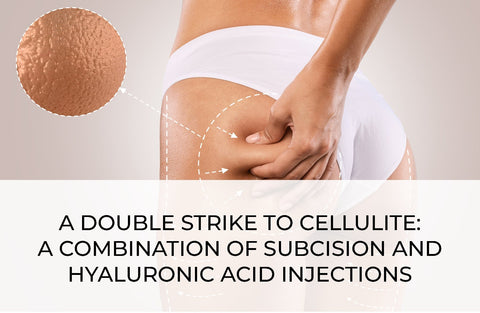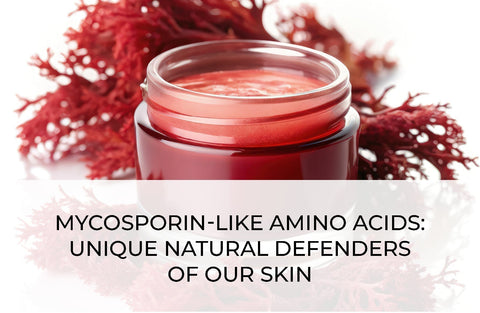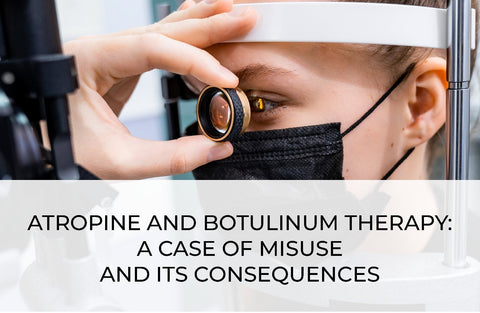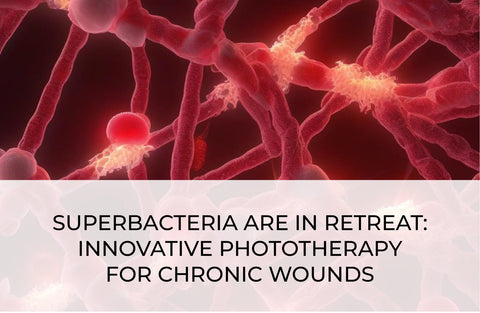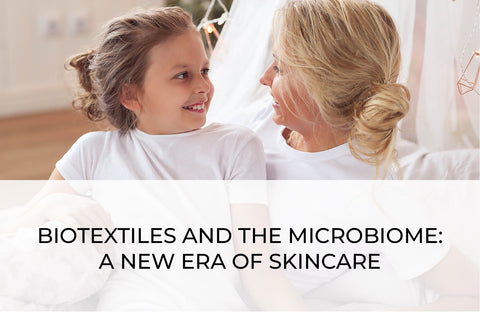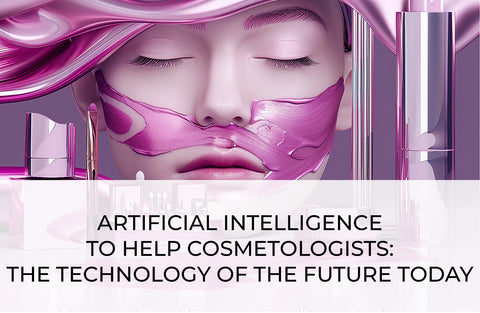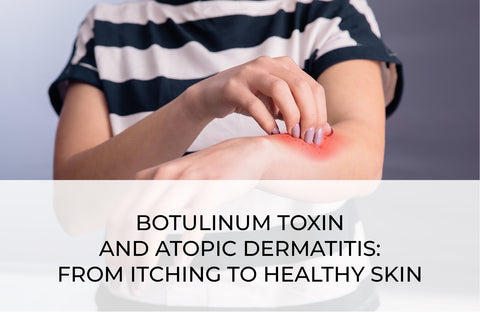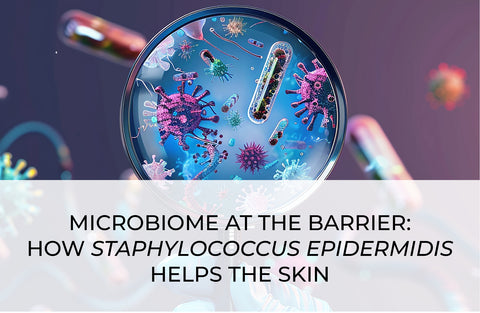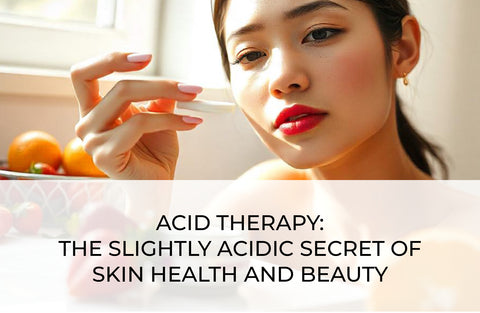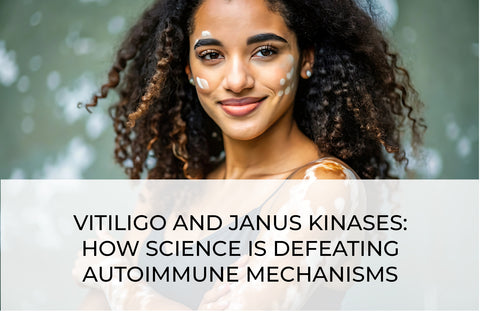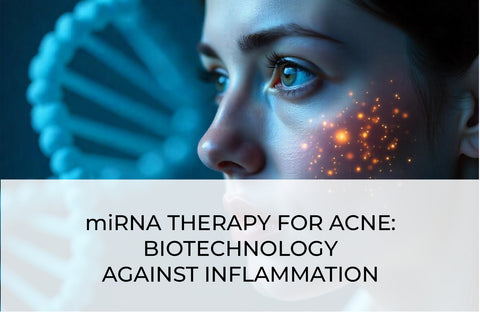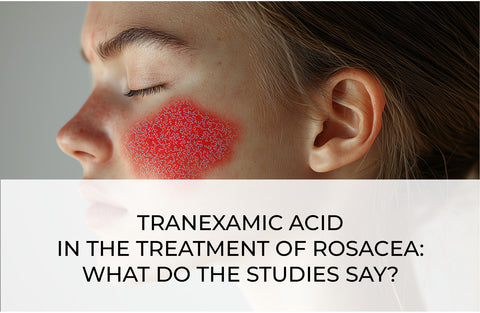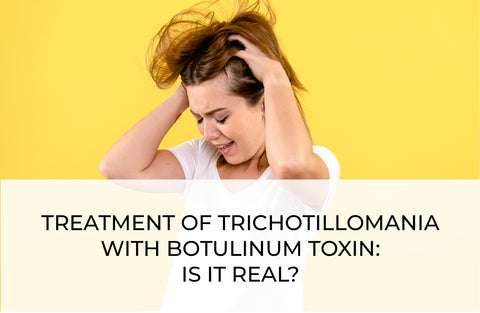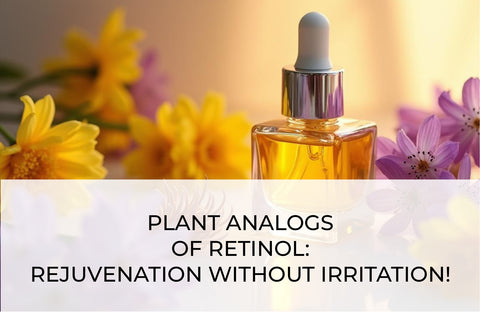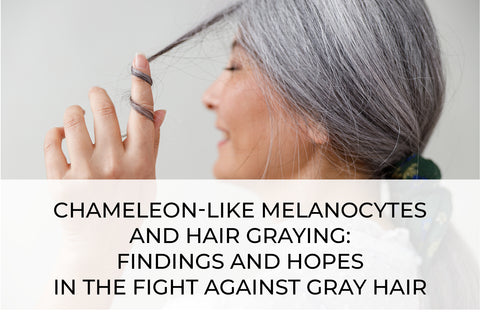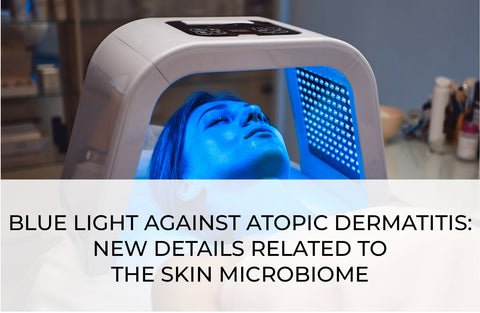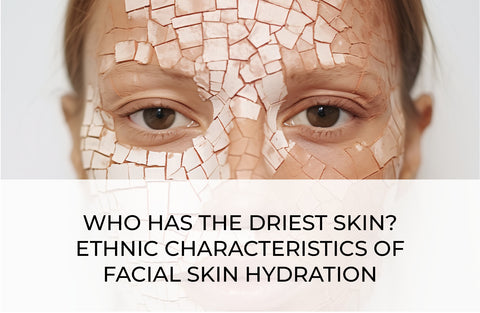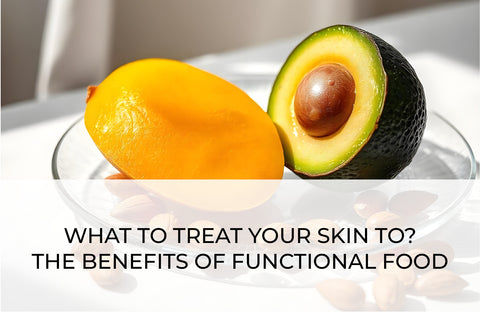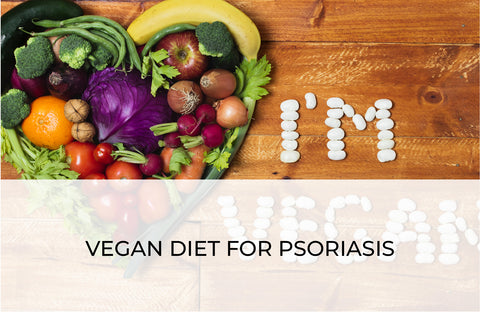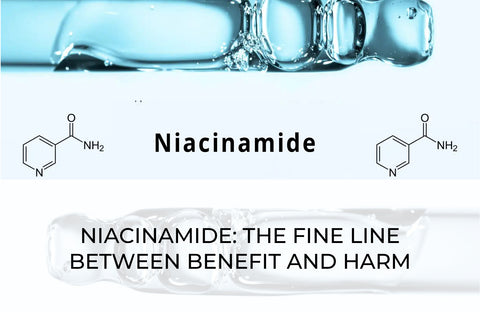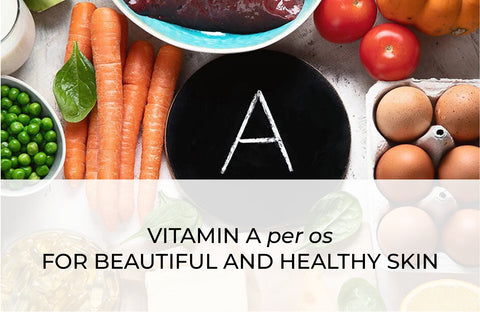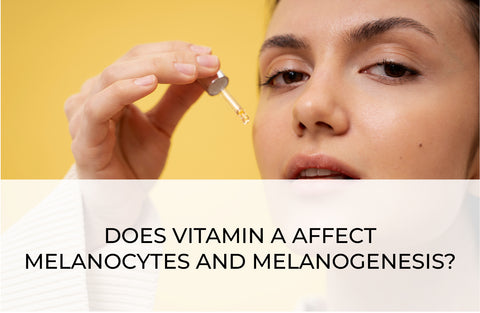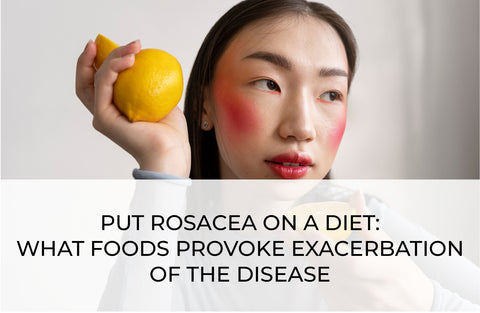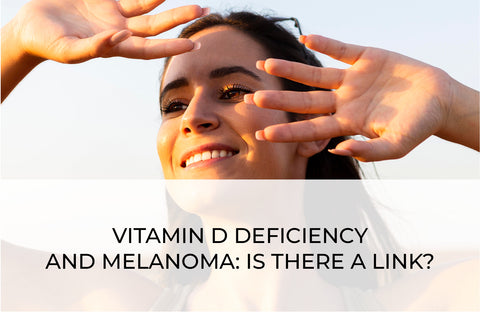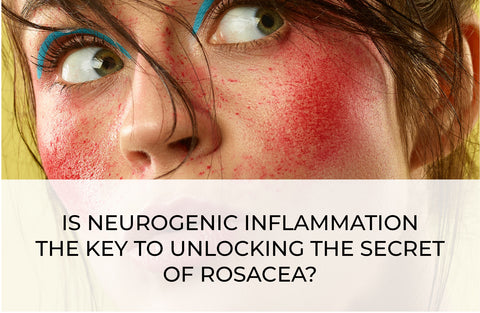WHAT TO TREAT YOUR SKIN TO? THE BENEFITS OF FUNCTIONAL FOOD

The face is the part of the body most exposed to the sun's rays. Another powerful therapeutic force - functional foods — can and should be used as a supplement to topical care to protect and restore facial skin after photodamage. According to the International Life Sciences Institute, functional foods offer health benefits beyond their nutritional value and positively impact health due to the high potency of their active ingredients. There is a wide range of functional foods of plant origin, which, if regularly consumed in the required amount, improve the structural and functional state of the skin. A special place in their range belongs to mango, almonds, and avocado [1].
Mango is a source of vitamin C, β-carotene, xanthones such as mangiferin, and phenolic acids, mainly gallic acid, chlorogenic acid, protocatecholic acid, and vanillic acid. Vitamin C is known for its antioxidant action and ability to stimulate collagen and elastin synthesis to protect against oxidative stress and reduce oxidative damage. β-carotene is a metabolic precursor of vitamin A; its valuable biological effects include photoprotection and enhancing epidermal proliferation.
According to studies, mango extract prevents the formation of wrinkles and reduces their severity, as well as protects collagen fibers from breakdown and promotes the regression of epidermal hypertrophy. However, everything is good in moderation, and in large quantities, mango can harm skin health due to the accompanying high sugar intake, which leads to the glycation of collagen fibers and, consequently, to the disruption of their structure.
Almonds are a rare source of alpha-tocopherol (or vitamin E), fatty acids, and polyphenols and have pronounced antioxidant properties. Foolad N. et al. observed a reduction in the severity of expression lines in 31 women who regularly consumed 60 g of almonds for 16 weeks [2]. In another study, daily almond intake was accompanied by a significant reduction in wrinkle severity and intensity of focal facial hyperpigmentation in 56 postmenopausal women [1]. The reduction in signs of photoaging may be due to the antioxidant and photoprotective properties of vitamin E contained in almonds. Vitamin E prevents the degradation of collagen fibers by reducing the activity of matrix metalloproteinases, so adequate daily consumption of almonds may serve as a measure for the prevention and correction of wrinkles and age-related focal hyperpigmentation, as well as skin aging in general.
The valuable properties of avocados are due to the presence of carotenoids, monounsaturated fatty acids, and polyphenols. The effect of topical application of avocado in skin care products has been scientifically proven to improve skin elasticity. Recently, eating avocados has also been shown to have a positive effect on skin health. Henning S.M. et al. observed a significant increase in elasticity and firmness of the forehead and periocular skin in 39 women who included avocado in their daily diet [3]. The authors suggest that the observed positive effects of increased skin firmness and elasticity are based on mechanisms of gene expression changes in synthesizing collagen and elastin fibers.
Thus, mango, almonds, and avocado can improve skin health, reduce photoaging signs, and improve skin appearance. We advise you to include these three products in your daily diet!
References
- Flores-Balderas X., Peña-Peña M., Rada K.M., et al. Beneficial effects of plant-based diets on skin health and inflammatory skin diseases. Nutrients 2023; 15(13): 2842.
- Foolad N., Vaughn A.R., Rybak I., et al. Prospective randomized controlled pilot study on the effects of almond consumption on skin lipids and wrinkles. Phytother Res 2019; 33: 3212–3217.
- Henning S.M., Guzman J.B., Thames G., et al. Avocado consumption increased skin elasticity and firmness in women — a pilot study. J Cosmet Dermatol 2022; 21: 4028–4034.
















